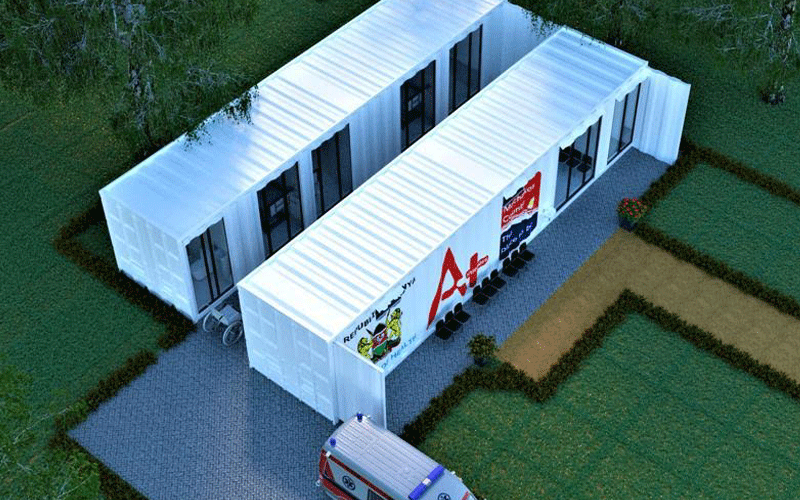Passionate interior designer with magical touch of class

Harriet James @harriet86jim
Where did you passion for interior design begin?
I started drawing from an early age. As early as nursery school. I used to draw cars for older boys in senior classes in primary school and they would pay me with their pocket money or protect me from bullying.
My teachers noticed my talent and they started involving me in designing posters for school events.
I used to do the posters by hand and marker pens or paint. In high school, I learnt calligraphy. Guys would approach me to write letters for their grilfriends by providing a rough draft and I would do a fine copy.
Then I would do calligraphy on the envelopes, spray cologne on them and mail them.
My clients’ letters would stand out from the crowd, making me popular.
Is that passion what led you to choosing interior design as a career?
Yes, I joined the University of Nairobi in 2007 to study interior design and there, I continued to do graphic design as a side hustle by creating posters at a fee for the Student Organisation of Nairobi University (SONU) leaders, the likes of the current CAS for Education Zack Kinuthia among others.
I looked forward to making money from it, a critical businesss skill that universities do not teach.
I then got a job at Design 40 Limited for two years to learn how the industry works and how people get clients and how to make profit from my crafts.
Your company won an award recently as a top interior design company. To what do you owe the success?
I have been in the industry for nine years and the company has been running for five years.
Getting nationwide recognition is a pedestal that we have always aimed at climbing to, and we are not stopping there, we want to be top in the region, Africa and then the world in due time.

What has made us stand out is the originality of our work and the fact that we really think deeply about our designs.
We do a lot of research, a lot of sketches and a lot of experiments before sitting down to do the work and in the end what the client ends up with is synthesised and personalised to their need.
We also give the best advice based on the client’s budget. I was also nominated for top 35 under 35, and won Core Awards’ best interior design firm in Kenya.
We were also recognised as the fastest growing interior design firm in 2019 by the Real Estate Excellence Awards.
Having once served as the secretary and the founding committee of the Interior Designers Association in Kenya (IDAK), why is it important for those in the field to be in an association?
First, there’s peer recognition as the people in your industry need to know who you are and your work.
We also network and refer clients to each other; if you are overwhelmed by a certain assignment, we come together and do the job together.
It is also safer to refer a client to someone in the association than a freelancer who’s not accountable to anyone. Secondly is that we share a lot of knowledge in the association.
Of late, it has become mandatory for professionals to belong to an association if you’re to participate in any tender be it for the government, parastatal or a corporate organisation.
Lastly, it’s also easier to protect our clients from rogue designers if we are in an association and also control the pricing so that clients don’t end up being overcharged or designers don’t end up being underpaid.
So how can clients safeguard from quacks interior designers?
Hiring interior designers who are registered in a professional body is a way of safeguarding against quacks as we can trace them and take disciplinary action.
What are the trends in interior design at the moment?
Biophilic design is top at the moment. It’s where you bring the outdoors in and the indoors out; we have planters on walls and natural stone cladding etc.
Modern minimalist design is also popping, followed closely by Afro modern design; Africans feel good about being African, so they will request for a modern design with African touch interiors.
Has the pandemic affected your business in any way?
We were not affected a lot because some of our jobs were at design stage, so we continued doing them from home.
The ones that were on site had to be stopped for about two months until we installed the necessary measures as per the Ministry of Health regulations.
The only months which we were affected were in April, May andJune, but from July things have looked up.












